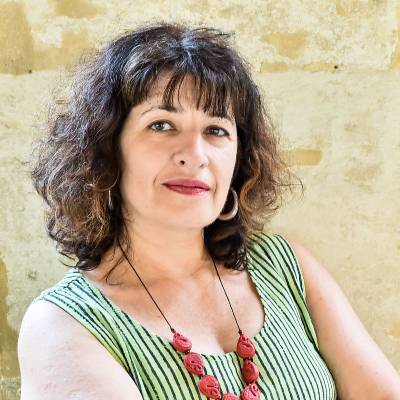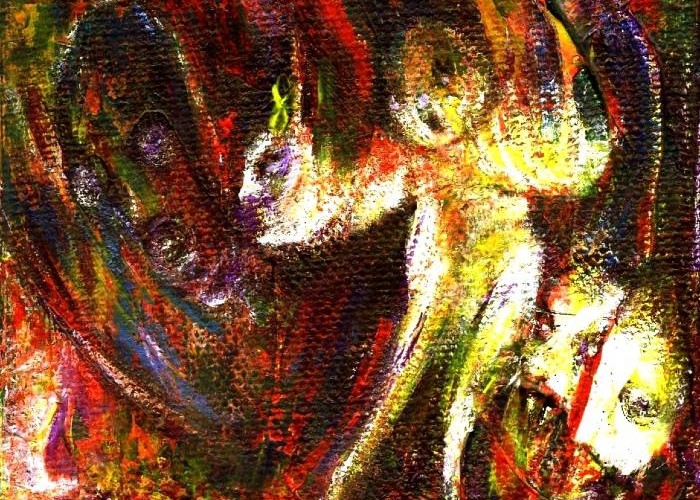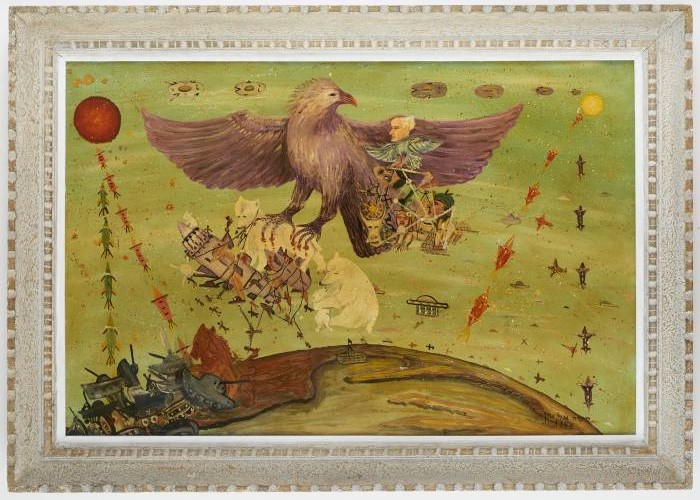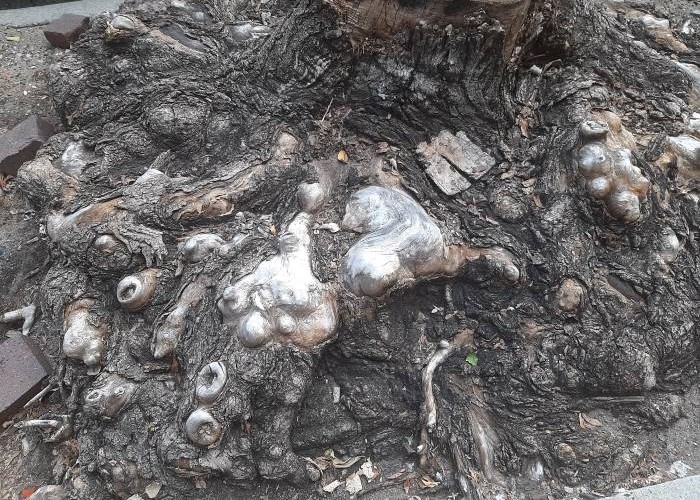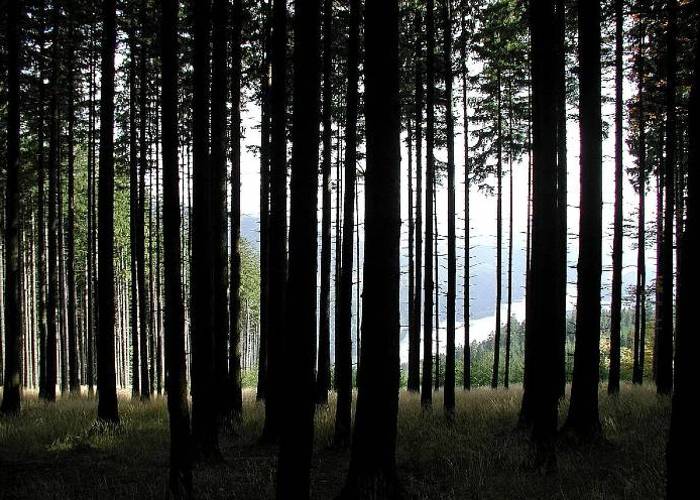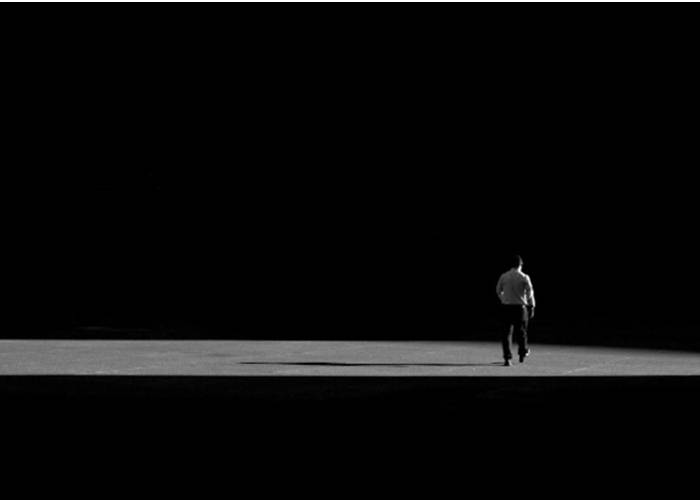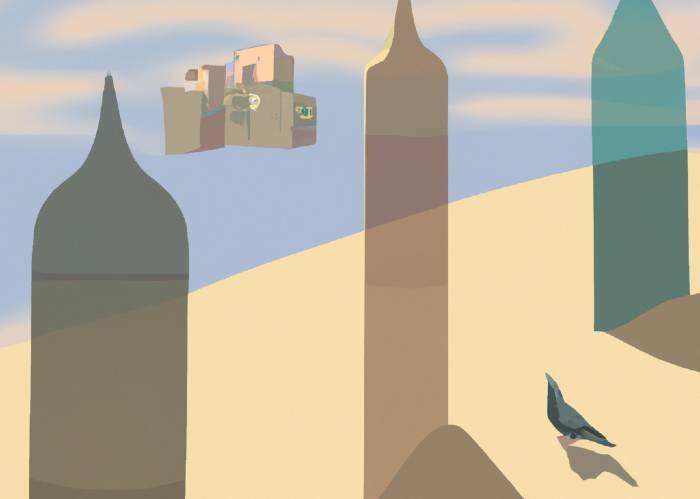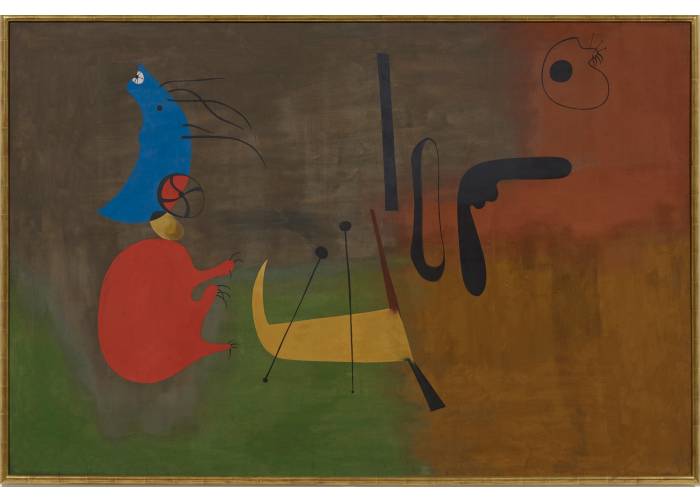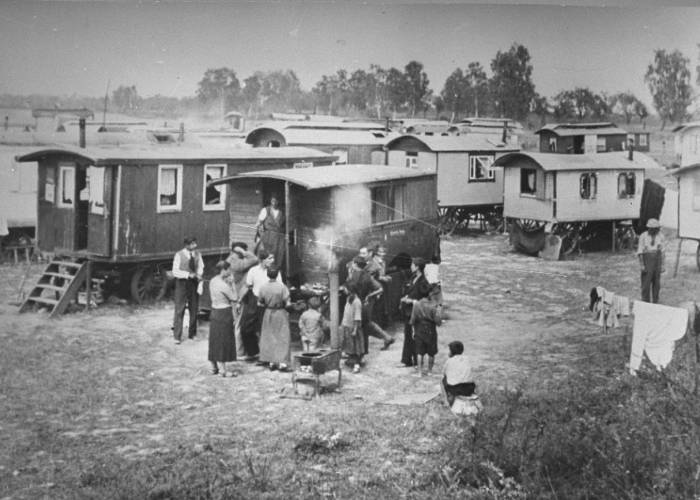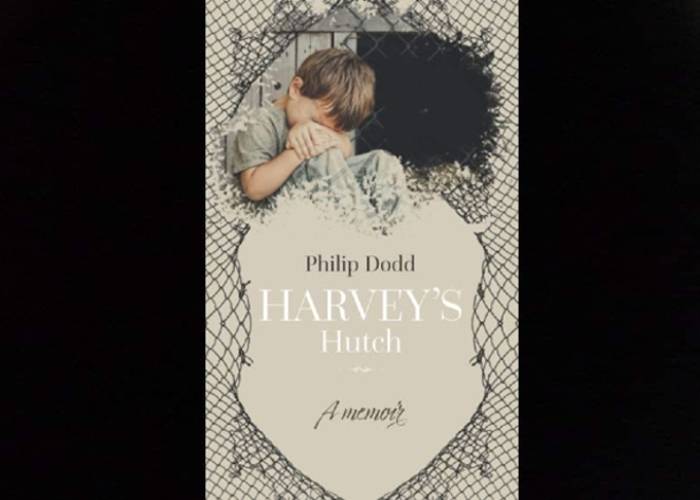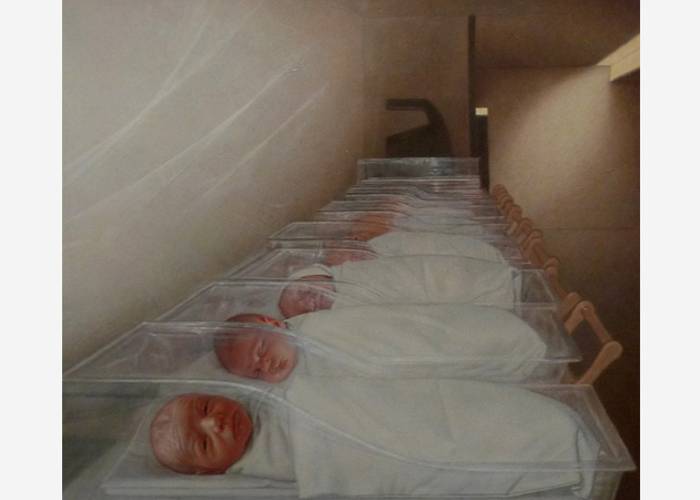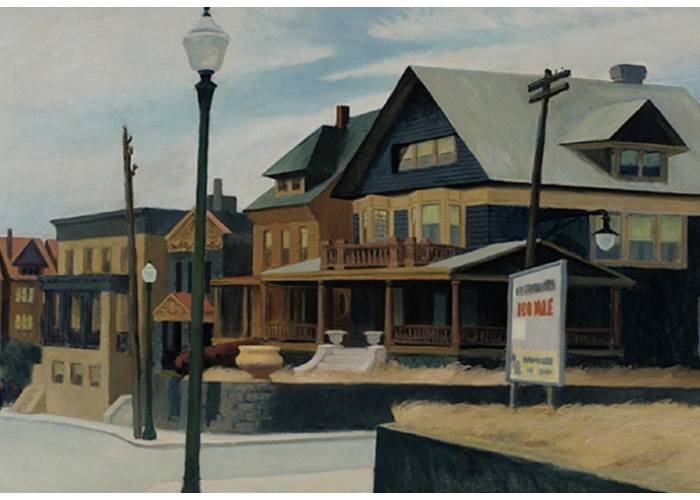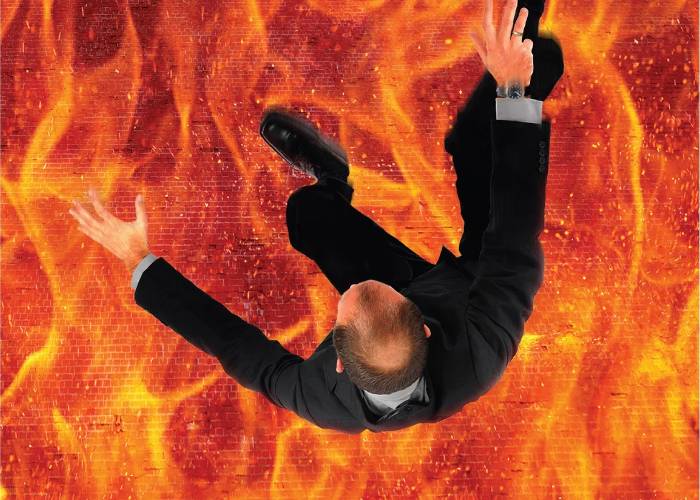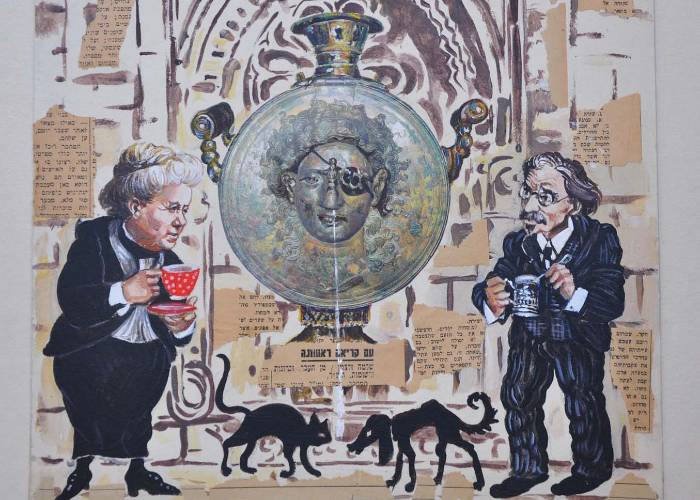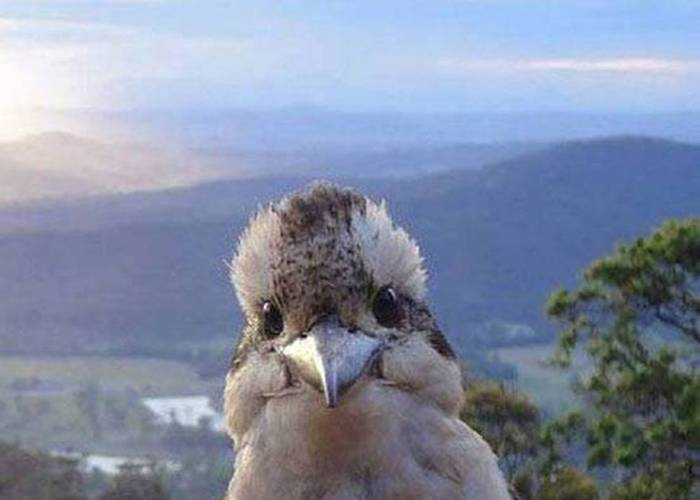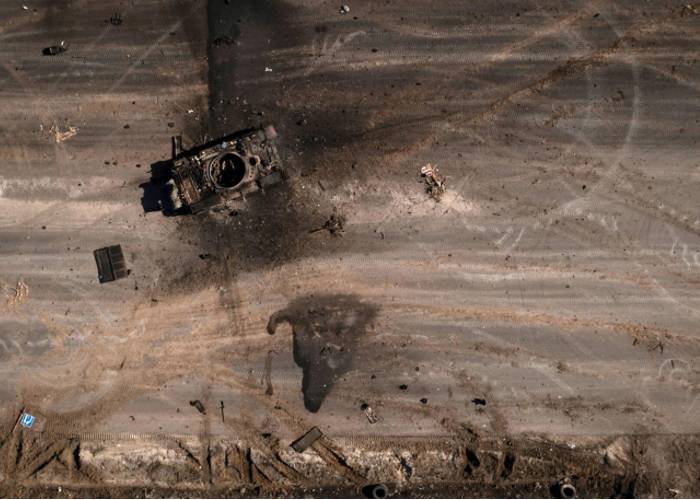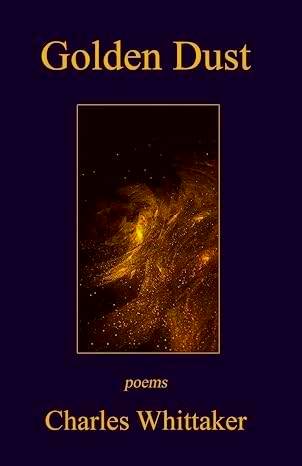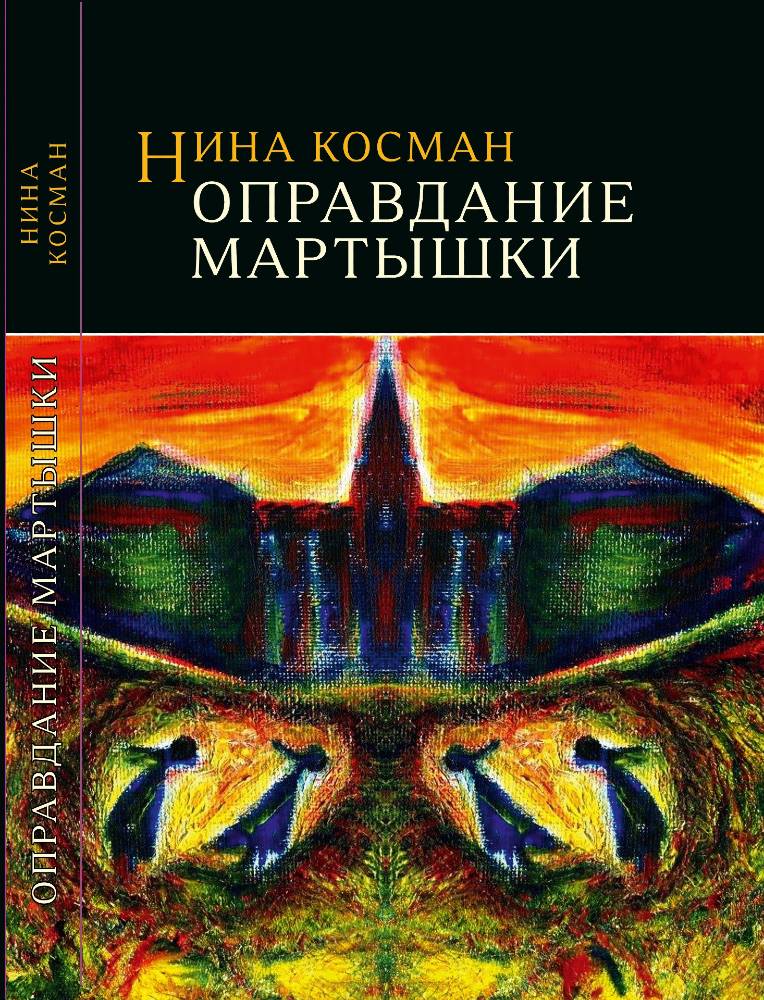Thought I’d do him in with my own hands. They brought him to us: here, he’s all yours, rip him apart. He just stood there saying this wasn’t his fault, that he had nothing to do with anything. Was it him, was it not him? Just like our boys had nothing to do with anything. They were pure, crystal pure, and they are all gone now. I looked at him: is this what they send to us — against us? What am I supposed to do with him? He answered my questions: fatherless, motherless, meaning that his parents exist somewhere but they abandoned him at birth or he was raised in an orphanage. So this is who they send to us, against us. First, they go to an orphanage, then, the army, or else straight into the zone, behind bars. Orphanage, army, prison – it’s all one huge zone. His commander had traded him for weed. Nobody would be looking for him, and, even if they would, it would be easy enough to say that “Chechen villains” had captured him and were keeping him as a slave in one of their pits.
He looks creepy. To kill a man like this one would be to do him a favor, but I don’t want to sully my hands. There is not much life in him, to begin with – he is one of those born half-dead. Leaky pimples all over, short, scrawny, with a warped head. He doesn’t understand a thing, he only knows fear and hatred. If he is scared now, he will hate later; he will be scared later if he hates now. Go, I say. He doesn’t move. Can it be that he doesn’t believe me? Go, go, I say again, we don’t need you here fool, just leave. He turns but keeps standing. Then it dawns upon me: he has already been paid for, and he has nowhere to go. Our guys still wanted to do him in, but when it came down to that, no one was willing to do it. They told me he was mine since he had been given to me as part of an exchange. So, I just left him alone, as if he wasn’t even there. Slavery did not matter to him. He was born into it. So, he stayed in our village, hiding, never venturing out. We are not very gentle folks; our hearts have been hardened, but what was he good for anyway? Somehow, he managed to feed himself. Even gained some weight. The sun healed his pimples. So that’s how he’s been living – neither a cat nor a dog, with no one to stroke him, and no one to kick him. We got used to him and stopped paying him any attention. Several years had gone by. Then, after this war was over, we told him to get lost. Nobody felt like being responsible for him. He cried – there was no place for him to go. He was afraid of his own people. We exchanged him back anyway, even though his commander had been transferred, and no one could remember anything about him anymore. Yet, it all somehow worked out. He is gone. I don’t remember his name. Have I ever known it? Our guys called him “the captive of the Caucasus,” like in Pushkin or Tolstoy. But I just called him “this one,” that’s it.
Translated from Russian by Julia Lavilla-Nossova
_______________________________________
The original of this story was published in Я не умею убирать, a collection of short stories by Yelena Matusevich, in Russian.
